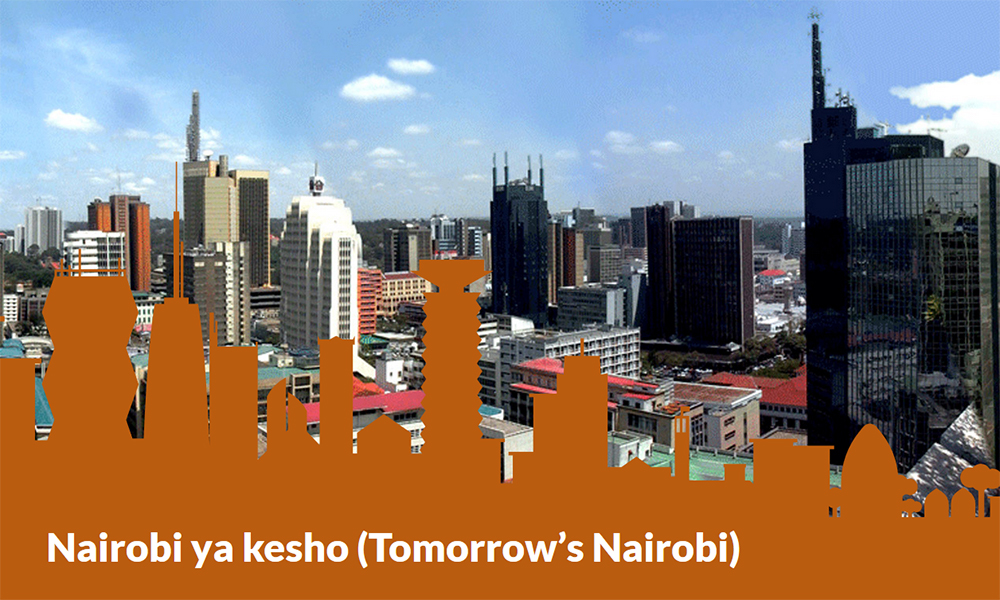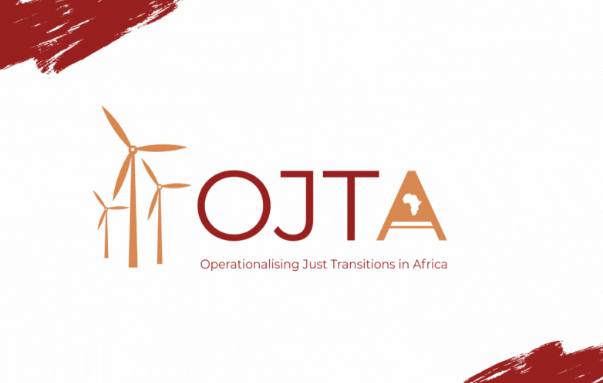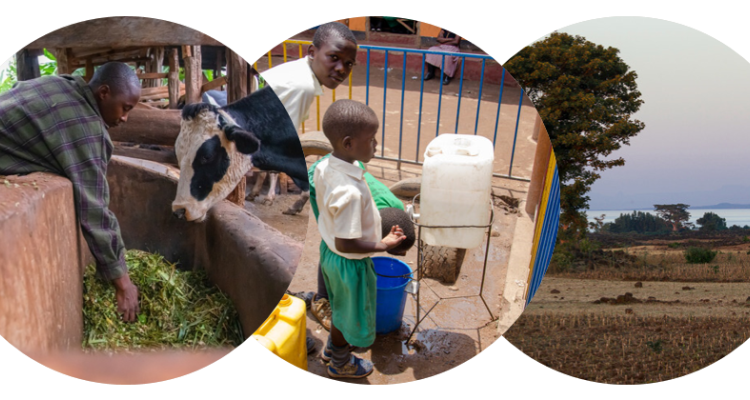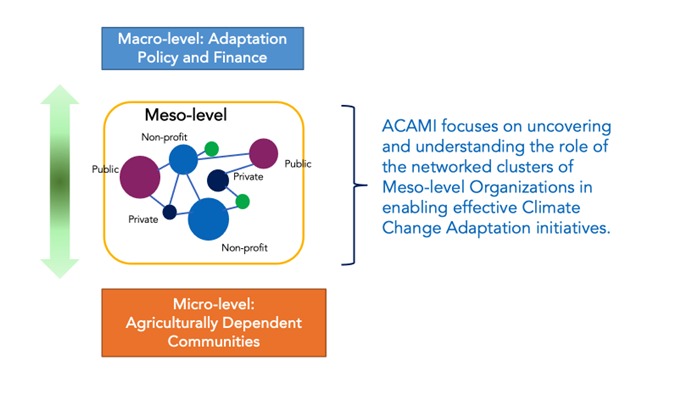The Nairobi risk hub project is part of the larger Urban Disaster Risk Hub (Tomorrow’s Cities). it is a five-year global interdisciplinary research hub funded by UK Research and Innovation (UKRI) Global Challenges Research Fund (GCRF). The aim of this project is to catalyse a transition from crisis management to multi-hazard risk-informed planning and decision-making, for cities in low-and-middle income. Specifically, Nairobi Risk hub seeks to provide Nairobi with the capacity and policy framework that enables a shift from crisis response towards integrated development planning for enhanced disaster risk preparedness and management. The Nairobi City-Hub utilise interdisciplinary research as a tool for convening stakeholders from across sectors and local communities to facilitate collective action towards addressing the drivers and impacts of multiple hazards. Its programmes of work seek to establish a new integrated evidence base on the city’s most prominent hazards and risks, their drivers, uncertainties, root causes and potential solutions, as well as to build greater capacity for collecting and applying this evidence in disaster risk management.
Key Objectives:
- Apply interdisciplinary research evidence to convene and strengthen the emerging community of practice around disaster risk reduction, facilitating a more integrated informed and inclusive approach.
- Support the incorporation of co-produced disaster risk reduction measures in new action planning initiatives in informal settlements, to benefit poor and vulnerable residents.
- Support the design of a risk-sensitive urban development policy framework, informed by new multi-hazard science and a more proactive approach to management of risk accumulation.
- Provide compelling examples of multiple interacting risks and how they can be co-managed by state and non-state actors.
Project Outputs;
Online database on risk, Journals, Risk maps, policy briefs
Expected outcomes;
Strengthened community of practice around disaster risk reduction, facilitating a more integrated informed and inclusive approach. Incorporation of co-produced disaster risk reduction measures in new action planning initiatives in informal settlements, to benefit poor and vulnerable residents. Design of a risk-sensitive urban development policy framework, informed by new multi-hazard science and a more proactive approach to management of risk accumulation.
Workshops;
Visioning of future Risk scenarios- August Multi-Sectoral DRR policy Dialogue- 28th August
Nairobi Hub Infographics
Project Outputs;
- Nairobi Risk Hub Engagement Brief
- How can cities build resilience through risk modelling
- Gender Intersectionality and Disaster Risk Reduction
- Community Engagement on Disaster Risk Reduction -Second Dialogue
- CITIES OF THE FUTURE: PATHWAYS TO A RESILIENT AFRICAN CITY BEYOND COVID-19
- Multi-Hazard Scenarios and Dynamic Risk
- The Nairobi City Risk Hub DRR policy dialogues with the Nairobi City County Government Report
- Summary of activities, outputs, and opportunities for the TCDSE
- Capacity Skills & Gap Analysis on Disaster Risk Reduction in Nairobi County
- Concept Note: Virtual African Regional Urban Disaster Risk Reduction Research and Policy Workshop, Thursday, 31st March 2022 from 2pm-4pm EAT




